The great hippie hijack: 2015 was the year that consumerism finally devoured the counterculture dream
Mindfulness, yoga, kombu seaweed... Holly Williams has led the good life from birth. But now that the rest of us are buying into the hippie dream, she is seriously losing her zen
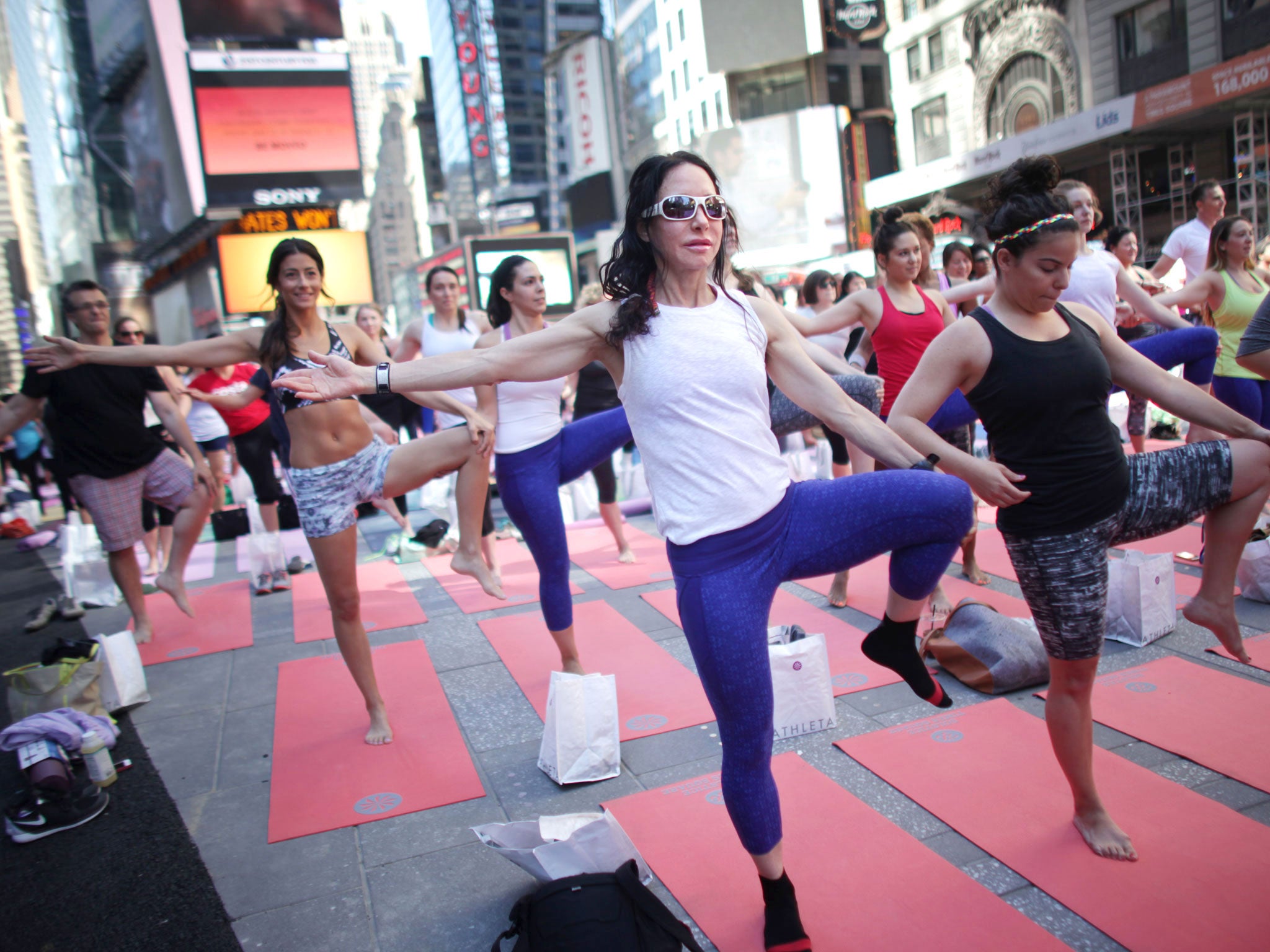
Your support helps us to tell the story
From reproductive rights to climate change to Big Tech, The Independent is on the ground when the story is developing. Whether it's investigating the financials of Elon Musk's pro-Trump PAC or producing our latest documentary, 'The A Word', which shines a light on the American women fighting for reproductive rights, we know how important it is to parse out the facts from the messaging.
At such a critical moment in US history, we need reporters on the ground. Your donation allows us to keep sending journalists to speak to both sides of the story.
The Independent is trusted by Americans across the entire political spectrum. And unlike many other quality news outlets, we choose not to lock Americans out of our reporting and analysis with paywalls. We believe quality journalism should be available to everyone, paid for by those who can afford it.
Your support makes all the difference.Might 2015 be the year the hippies finally won? Five decades since the emergence of the flower-power counterculture, the hippie dream has at last gone mainstream. Admittedly, peace and love haven't quite saved the world, but when it comes to lifestyle, we've never been more right on (man).
Mindfulness, meditation, yoga and "being spiritual" are in. Everyone goes to music festivals wearing flowers in their hair. Foodie trends tend towards the DIY and emphatically wholesome – forage your own jam, brew your own beer, ferment your own kimchi, snack on nuts, seeds and berries, cook grains you can't pronounce. So-called "clean eating" has been trending hard on social media. Even the fickle world of fashion has embraced a hippie vibe: fringed suede, flared jeans, floppy-brimmed hats. This winter, you'll duly find me trailing my vintage floral-print maxi-dress hem through the drizzly streets.
Ah, but my hippie hipness is the original, I can announce smugly. One of my parents' favourite phrases is "We were so ahead of our time" – and it seems they actually were. They were proper hippies – year in India, sitar-playing, yoga-studying, nearly-became- monks-in-Ladakh kind of hippies. They tuned in and dropped out, moving to a caravan in the middle of nowhere in Wales in the 1970s.
Even as they grew up, had kids, got proper jobs and houses, they stayed true to their ideals: my brother and I were raised on brown rice and veg – freshly picked from the garden so that it was zinging with life-giving energy, or prana as their Hindi philosophy had it. My grandmother called their attempts at self-sufficiency "the good life": the garden was full of ducks and chickens, the back porch groaned with plaited strings of homegrown onions; they made their own stock, their own chutney, their own yoghurt. Take that, Hemsley sisters!
That current trend for mindfulness? Had that in the bag since I was kid: we had beautiful Caran d'Ache felt tips and mandala colouring-in books (super-soothing), while my mum taught me alternate nostril breathing (Google it) as a way to centre myself when "feeling wobbly". One's spiritual journey was an entirely appropriate topic of conversation round the dinner table.
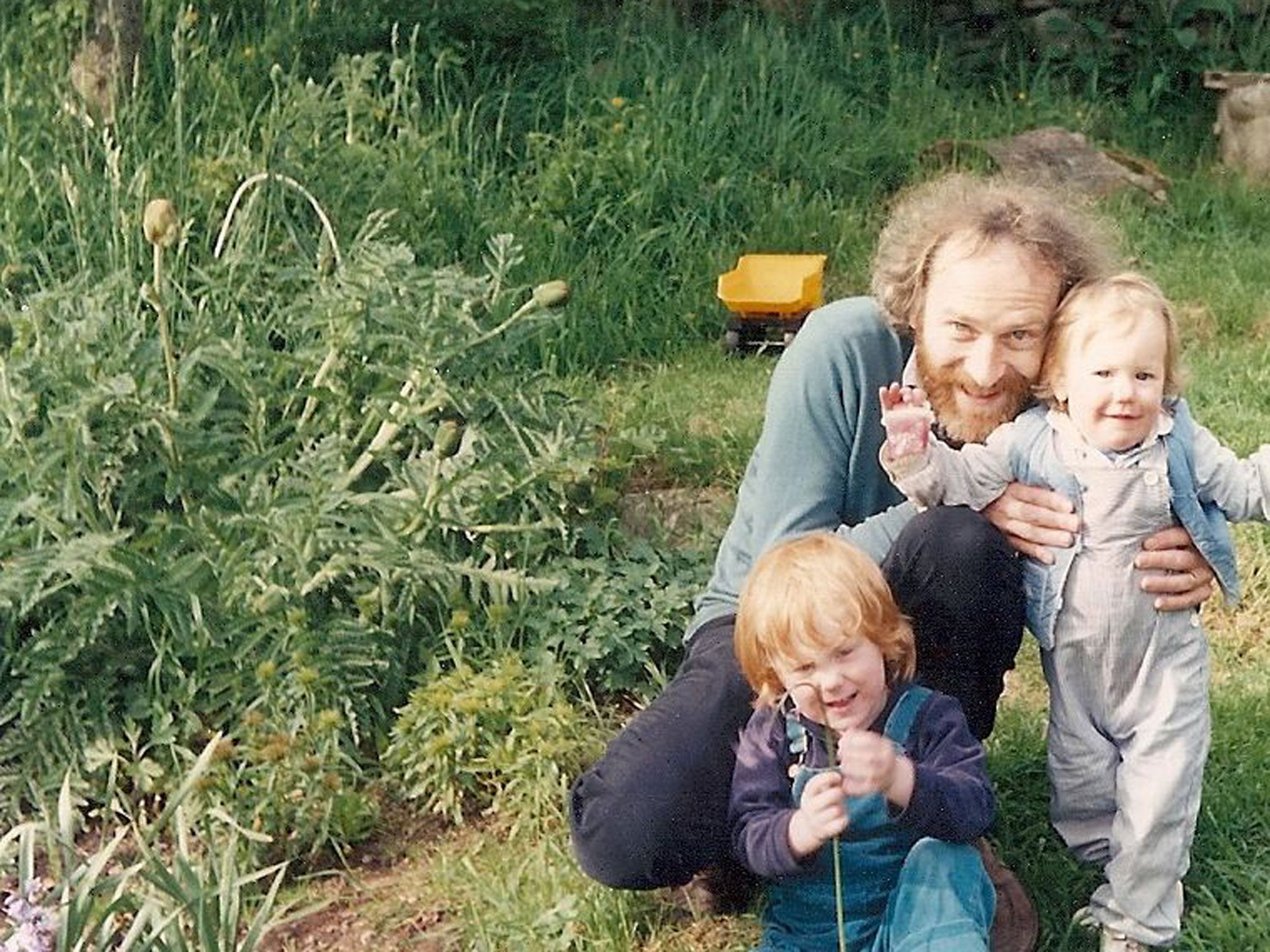
But being a hippie really wasn't the slick lifestyle choice it is today – it was a bit weirdy-beardy. I went to university in 2004 with a food box that contained tamari, Sosmix (for hand-making vegan sausages), miso paste and kombu seaweed. Everyone else brought jars of pesto and potato waffles. And while boho chic might have been having a moment a decade ago – meaning my mum's 1970s dresses, Moroccan leather bags and Afghan belts had admirers – I would have died rather than admit I did colouring-in. Being a vegetarian still often prompted mockery, most of my new friends had never been to music festivals, and mindfulness was definitely not a "thing".
So I should be celebrating the fact that hippie trends have permeated so many areas of our lives in the past decade. Pumpkin seeds are everywhere; there are 17 varieties of yoga within a half-hour of my home; cheesecloth blouses abound in Topshop.
And yet… it makes me kinda cross. Angry, actually. Because living the good life in 2015 is expensive. Alternative living has been monetised, packaged up with a fat price tag; today, a hippie lifestyle makes someone else rich in exchange for the consumer feeling smug. I can feel my blood rising when I walk around the high-minded supermarket chain Wholefoods and see hazelnut milk for £3.59, spelt penne for £4.69 and veganic sprouted ancient maize flakes (no, me neither) for £4.99.
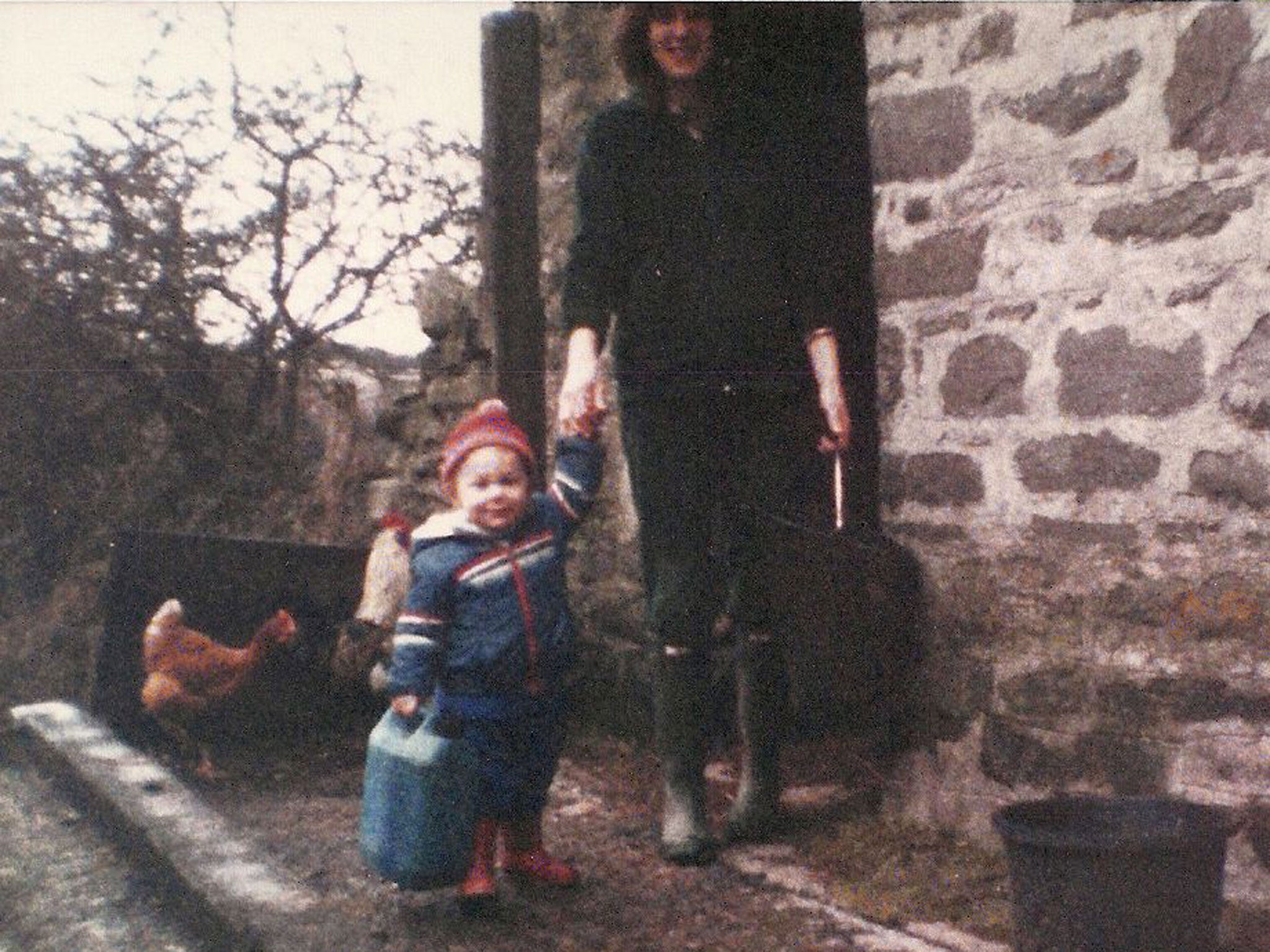
I feel myself glowering when I read about yoga and the emphasis is on Lululemon leggings that cost £82. I've unfollowed people on Instagram whose artful shots of their Lycra-clad one-legged wheel poses come with a barrage of hashtags (#fitspo #yogaeverydamnday #beagoddess). Sometimes, rather than being about shedding the ego, classes I've attended in Clapham feel like a competition in a Sweaty Betty £40 vest to be leaner, faster, tighter, sexier. My mum, incidentally, still wears the same yoga outfit she began teaching in before I was even born – a bottle-green velvet flared tracksuit which has swerved violently in and out of fashion, but still fits (itself an excellent advert for yoga's efficacy).
As for meditation and mindfulness – well, you'll be needing a pricey course, book or app. Sell that lifestyle! Share the journey! Headspace, the mindfulness app, has made its founder, Richard Pierson, famous – and is worth an estimated £25m. I get targeted adverts for it all the bloody time, but the idea of a commodified, tech version of Buddhist philosophy (yours for £7.95 a month!) does not make me feel more zen.
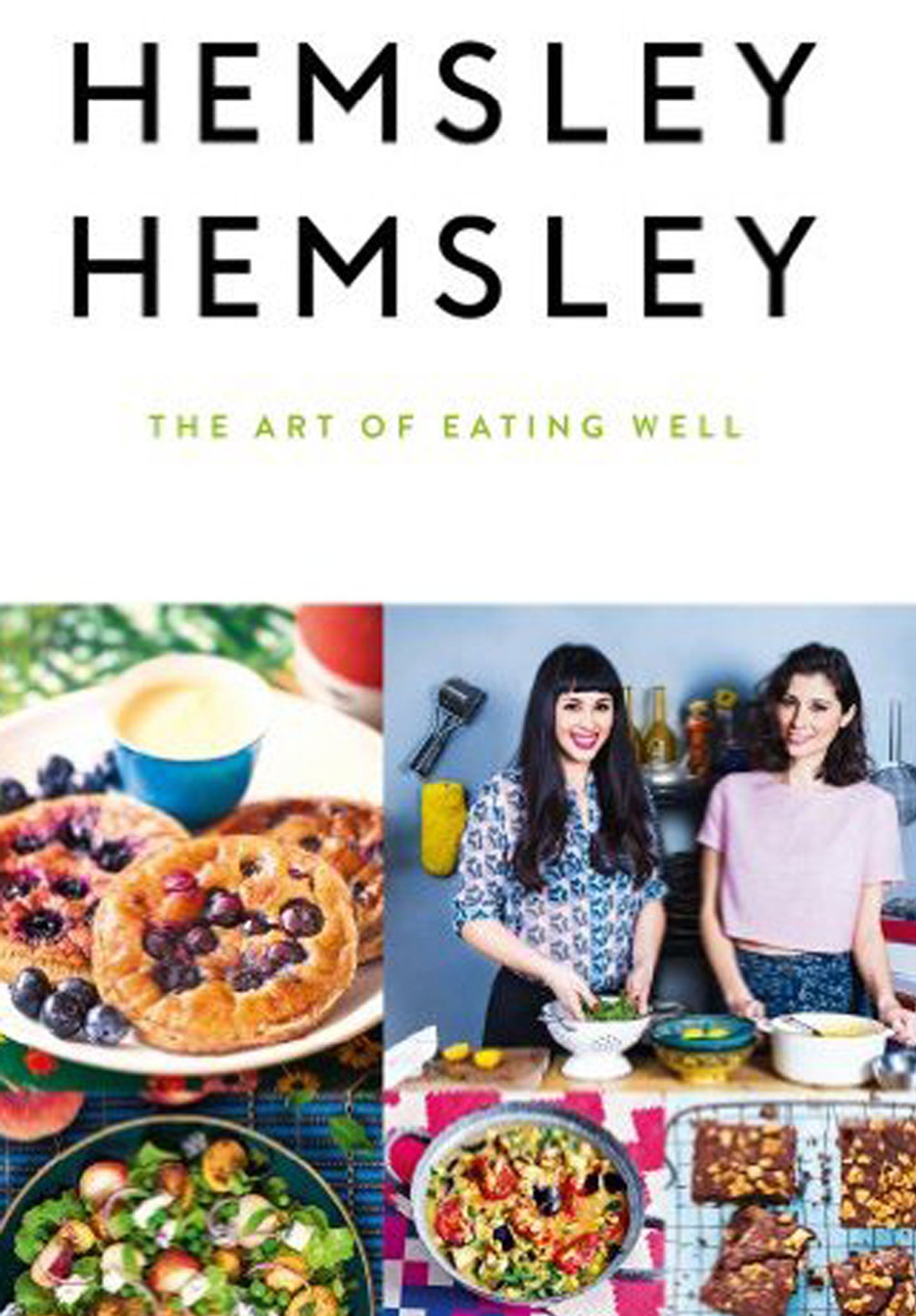
The hippie ethos was all about finding an alternative to rampant consumerism. It was about looking inward, rather than worrying about your outward appearance. It was about celebrating connection with the Earth, walking lightly, rather than valuing wealth, possessions, status symbols.
I went back to the source and this is what Earth Mama Williams had to say: "On return from our year in India in 1977, we saw clearly that there was a sliding scale, with time at one end and money at the other. We chose deliberately to go for less money, but quality of life… time to be in touch with body, mind and spirit, hence the whole self-sufficiency thing of learning how to grow stuff to feed yourself, how to live in harmony with the world and to listen to the self, others and the Earth. We rejected what was then called the rat race, with everyone working so hard for money and status."
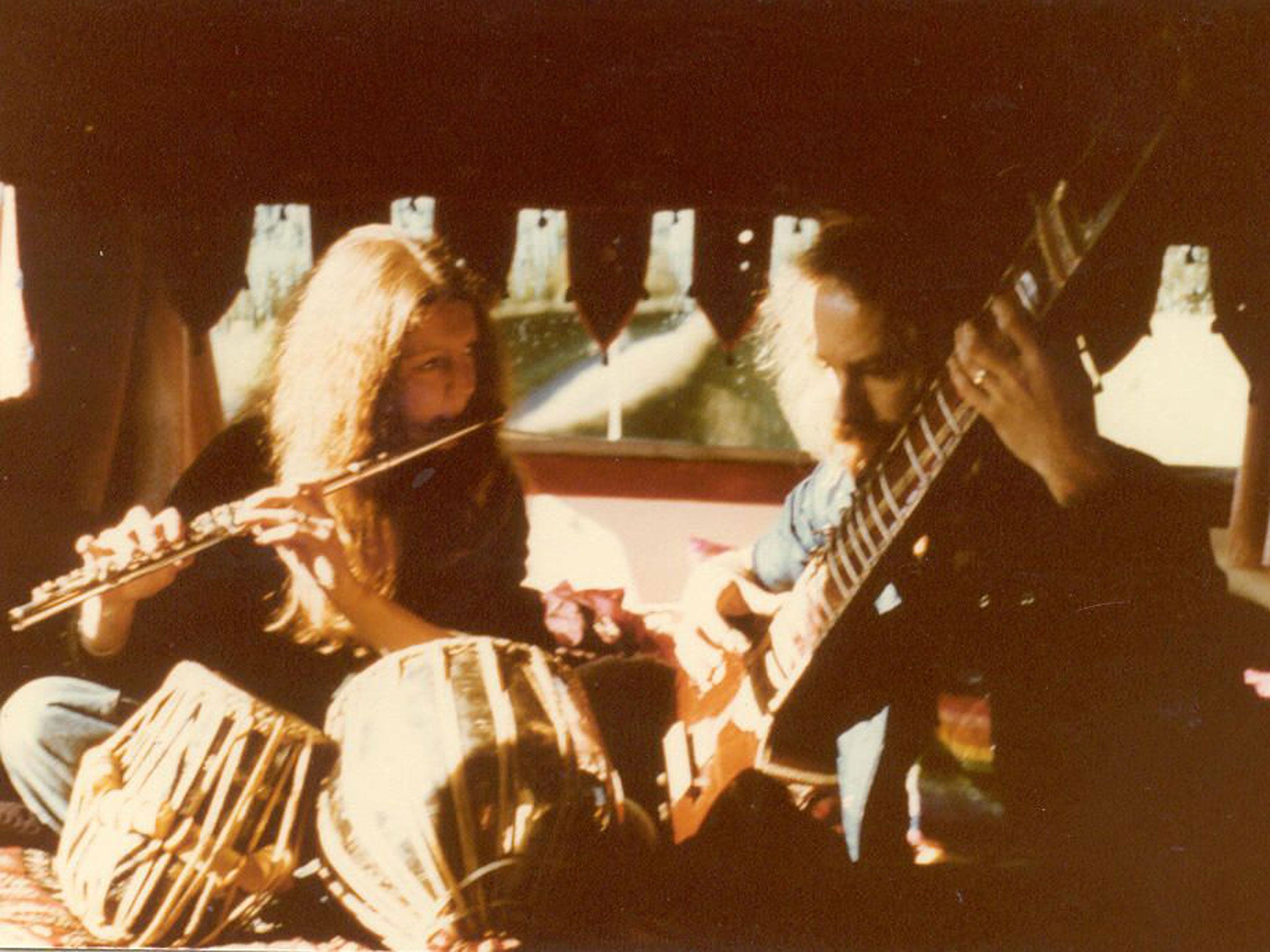
And what, I ask you, is a bulging shopping bag of artisan produce or designer exercise gear but a way of showing off? Sold as self-improvement, alternative lifestyle choices have been co-opted as a way of subtly revealing how wealthy you are. The hippies haven't converted the masses; canny businesses have just realised that with the right buzzwords and marketing, we'll be persuaded to drop £6.99 on hemp granola.
When it comes to food trends, going vegan and eating more organic veg might sound pretty damn hippie – but it's also a case of "first buy your spiraliser…" Then your glossy recipe books, and your agave syrup and chia seeds and freekeh. No wonder bestselling clean-eating guru Deliciously Ella is opening her own deli. Healthy bloggers sell a shiny, glowy lifestyle, but it's one that can be bought; how many of them roll up their sleeves in March rain to plant their own spuds?

Even DIY trends are monetised, with bestselling books about wood-chopping, craft-beer brewing courses run by bearded lumbersexuals and significant bragging rights.
Not that I'm immune: I confess, dear reader, that I recently Instagrammed my sloe gin. And even if the method was taught to me by my father among the hedgerows of Wales – well, that's just the sort of claim to authenticity that makes me even more annoying than the city-dweller who splashes £65 on an urban-foraging class in Tower Hamlets and tweets about dandelion leaves.
Events that were once countercultural and inclusive, such as festivals, now cost hundreds of pounds, and feature Michelin-starred dining and champagne bars. Those flowers in everyone's hair? Plastic, and available in all good high-street stores. The second-hand dungarees well-groomed young professionals are rocking for the weekend? Yours for £65 from Urban Outfitters, to save you hunting through any smelly charity shops. Even the sodding Hunter welly boots my mum would wear to clean out the chicken coops have been bought by an American private-equity firm and now come in high-heeled – high-heeled! – versions.
Maybe it's not that the hippies haven't won – maybe it's that the hippie dream has died. It's slunk off into a corner and quietly expired, while its bastard offspring – £4 green juices! Instagram yoga accounts! The Liberty colouring book! – are thriving. I hereby call bullshit on 2015 and its capitalist quinoa.
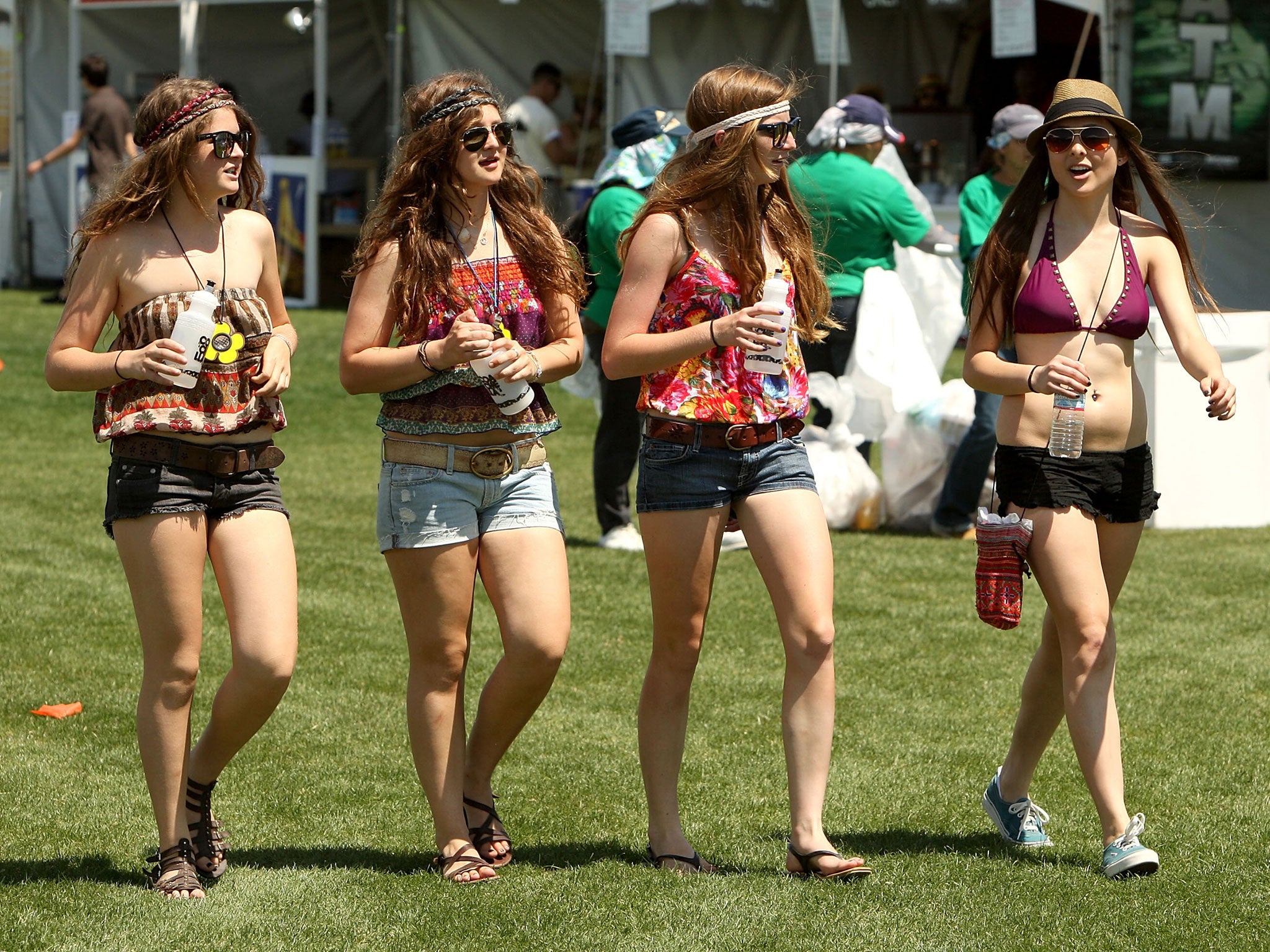
But I also have to call bulls**t on myself. I know fellow hippie-children who have grown up and gone off-grid, living in yurts and treehouses, making their own furniture. I live in zone two in London and spend all day at a computer; my house has a shared garden, which to my shame I grow precisely nothing in.
Do I want to pick my own spinach, bake my own bread? Sure, but I've no time, and it's much less effort to buy them from Sainsbury's. Do I want to drop out and embrace self-sufficiency on a wet and windy hillside? Actually, I'm a bit too comfy with central heating, the Tube, and a world of entertainment at my fingertips.
Still, a friend was telling me recently that you can get a really good organic veg box delivered in London – a reasonably priced, non-fancy one that doesn't cost the earth, but does still allow you to wash the earth off your parsnips before you cook them. It's hardly hippie idealism – but it might be the closest I'm ever going to get to the good life.
Join our commenting forum
Join thought-provoking conversations, follow other Independent readers and see their replies
Comments